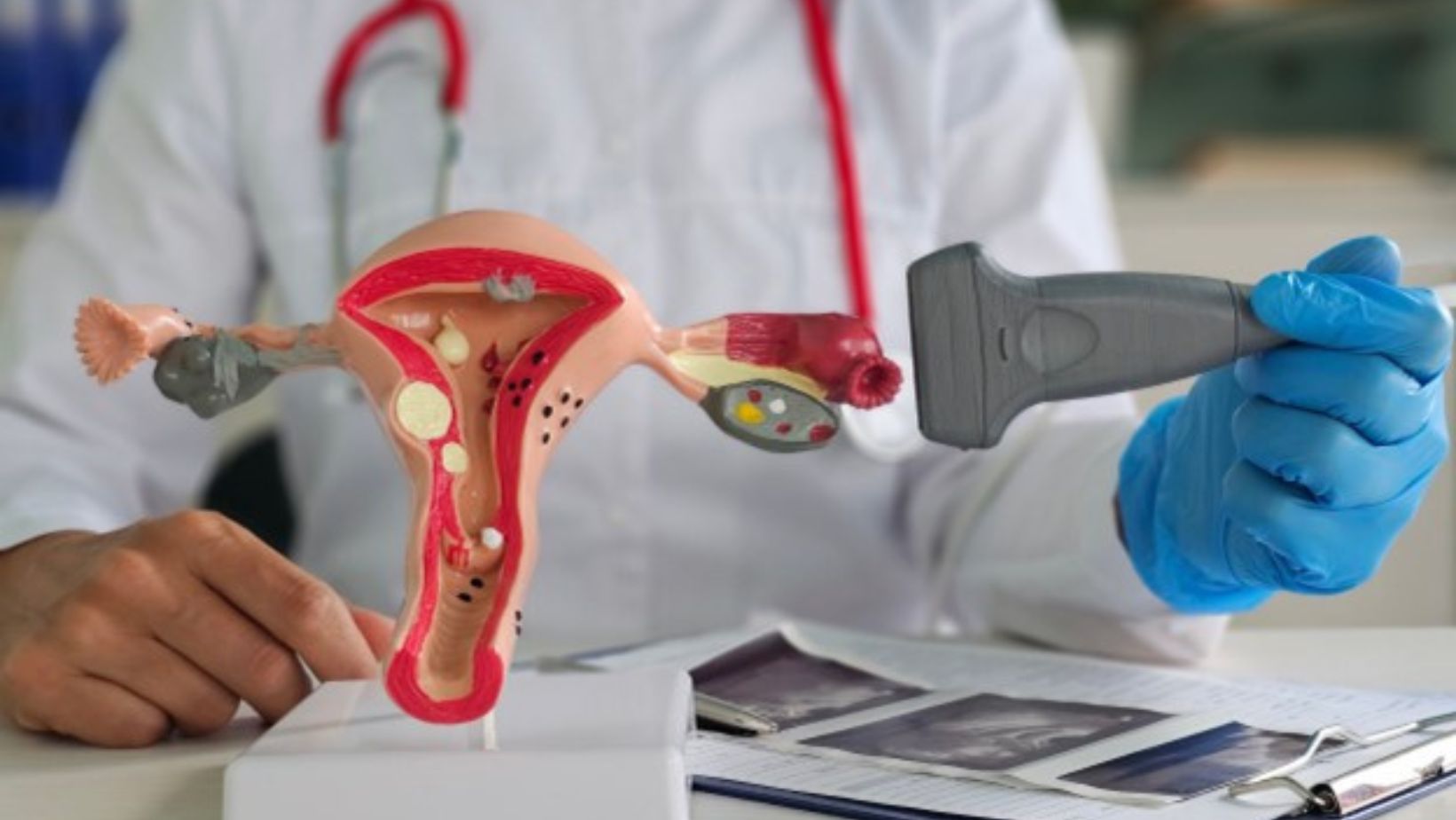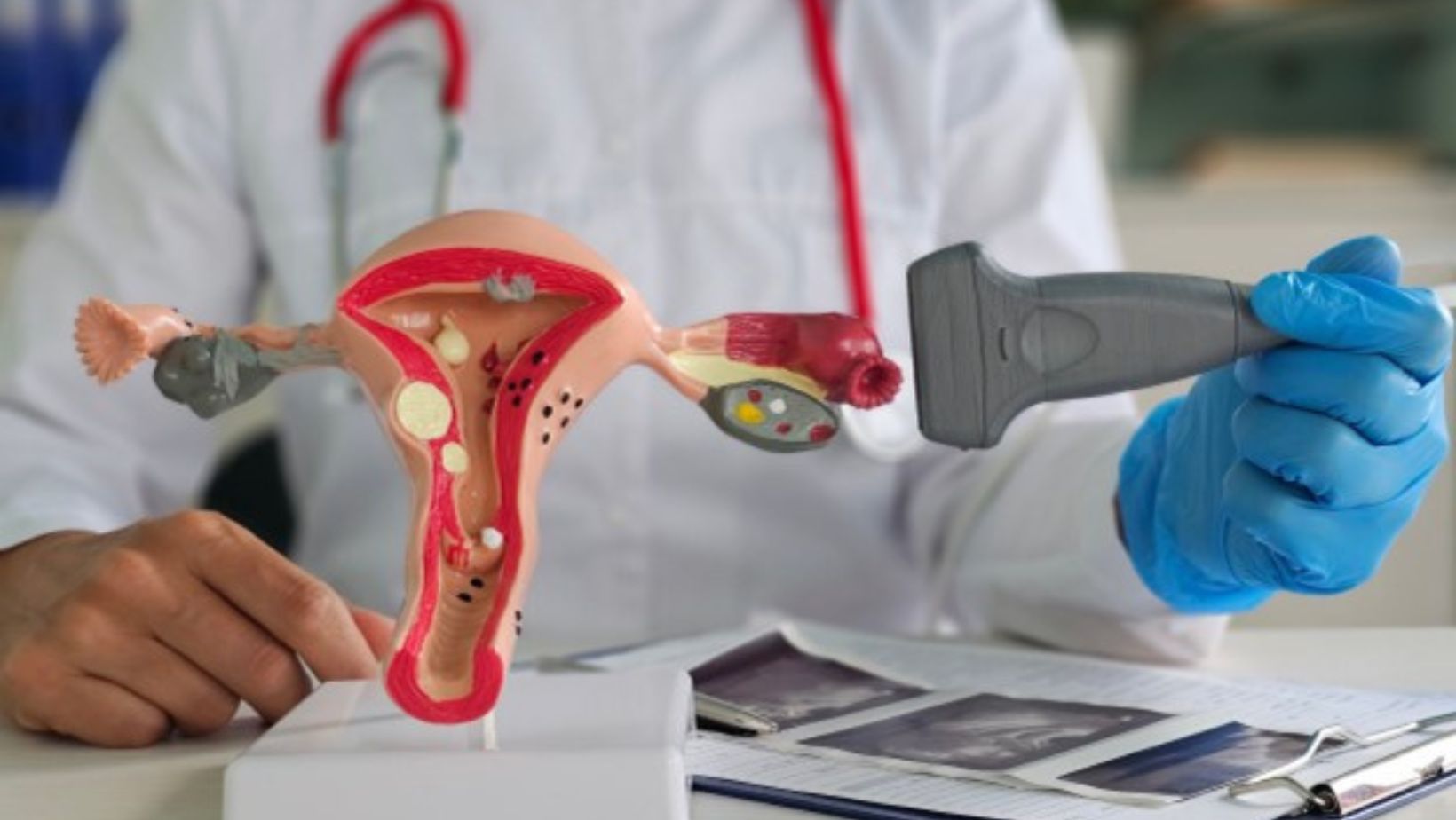 Balancing the demands of motherhood and personal health can be challenging. For many moms, improving reproductive health often takes a backseat due to busy schedules and other priorities. However, understanding and supporting your reproductive health doesn’t have to be complicated.
Balancing the demands of motherhood and personal health can be challenging. For many moms, improving reproductive health often takes a backseat due to busy schedules and other priorities. However, understanding and supporting your reproductive health doesn’t have to be complicated.
Incorporating some manageable adjustments and understanding key health areas can significantly improve your reproductive health outcomes and overall well-being. This article provides some of the most effective tips to achieve this goal.
Understanding Key Reproductive Health Issues and Treatments
The female reproductive system plays a crucial role in a woman’s overall health and well-being. Understanding common reproductive health issues that can impact fertility, such as polycystic ovary syndrome, ovarian dysfunction, and uterine health, is vital. Conditions like fibroids can be particularly problematic, affecting both fertility and reproductive health. Busy mothers often find it difficult to prioritize these concerns, but there are effective treatments for fibroids in the uterus that can help manage and improve outcomes.
Maintaining a healthy reproductive system begins with acknowledging your reproductive health needs. It is essential to discuss any symptoms with your OB-GYN and seek reproductive health services if you notice anything unusual or experience issues. Regular checkups provide valuable information about your health and offer preventive care for unintended pregnancies and sexually transmitted infections, which are crucial components of good sexual health practices.
Lifestyle Factors That Support Reproductive Health
Maintaining a healthy diet and regular exercise routine can be challenging for mothers with busy schedules, but these habits play a crucial role in effective weight management and reproductive health. A healthy weight has a positive impact on hormone levels, body mass index, and overall wellness, making it essential for mothers to prioritize their health despite their busy lifestyles.

Maintaining a healthy weight is beneficial for overall well-being and reproductive health, as it decreases the likelihood of developing insulin resistance and ovarian dysfunction.
To support reproductive health:
- Foods rich in omega-3 fatty acids can help regulate hormones and reduce inflammation. Consuming salmon, walnuts, and flaxseed is beneficial for both reproductive and maternal health due to their high omega-3 content.
- Incorporating essential vitamins such as vitamin C and other vital nutrients is crucial for maintaining hormone health, ensuring good egg quality, and promoting sperm health.
- Quitting smoking is highly beneficial for individuals trying to conceive as it can improve fertility. Smoking has been shown to negatively impact sperm quality, motility, and count in men, while also affecting reproductive health in women. By stopping smoking, women can reduce their risk of complications during pregnancy and promote overall reproductive well-being.
Busy moms can naturally and sustainably support their reproductive health by adopting these dietary and lifestyle modifications.
Addressing Fertility Issues and Seeking Treatment
Fertility issues such as low sperm count, poor sperm motility, or hormonal imbalances are common but can be addressed with appropriate care. For individuals who have been trying to conceive without success, consulting a fertility specialist can offer personalized reproductive health information. Advanced fertility treatments like in vitro fertilization and hormone therapy work in conjunction with the body’s natural reproductive cycle to provide effective solutions. Investigating reproductive technology can be a liberating experience, allowing individuals to have more control over their reproductive well-being.
Family planning is a vital component of reproductive health as it enables individuals to decide when to have children. Access to family planning programs that include contraceptive services and various birth control methods is essential for maintaining long-term health, particularly for women. Consulting a medical professional can provide insight into the most suitable modern contraception options based on specific health requirements. Additionally, utilizing voluntary family planning and associated services can prevent unintended pregnancies, ultimately contributing to overall reproductive well-being and sustainability.
Getting Preventive Care
Regular checkups with your healthcare provider, such as an OB-GYN, are essential for staying informed about your reproductive health needs and learning effective ways to improve reproductive health outcomes. Your healthcare provider can provide guidance on topics such as the menstrual cycle, ovulation, and conception, and offer personalized recommendations for maintaining good reproductive health. They can also screen for conditions like sexually transmitted infections and intimate partner violence, which can have a significant impact on the health of mothers and children.

Being in control of your reproductive health involves staying up to date on your rights, particularly when it comes to reproductive health care. The United Nations Population Fund, the World Health Organization, and the World Bank are among the organizations that actively promote the reproductive health of women and young people globally. They work to ensure access to contraceptive services, reproductive health care, and disease prevention measures, with the goal of promoting overall health and well-being in countries of all income levels.
Building a Support System for Ongoing Health and Wellness
Having the support of loved ones can greatly impact your well-being. Engaging in open discussions about reproductive health, healthcare, and family planning helps to foster understanding and respect for your personal health decisions.
If you are navigating challenges related to fertility or reproductive health, consider joining a community or seeking support from fertility specialists or healthcare professionals who understand your needs.
Conclusion
Enhancing reproductive health is within reach for mothers with busy schedules. By adopting a healthy lifestyle, consulting healthcare professionals, and making steady progress toward improved reproductive health, you can establish a solid base for the well-being of yourself, your family, and your reproductive and maternal health. The most effective approach is to begin with your current situation, gather reliable information, and understand that prioritizing your own well-being will lead to a more balanced and healthier lifestyle over time.



